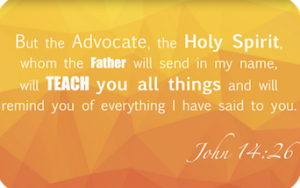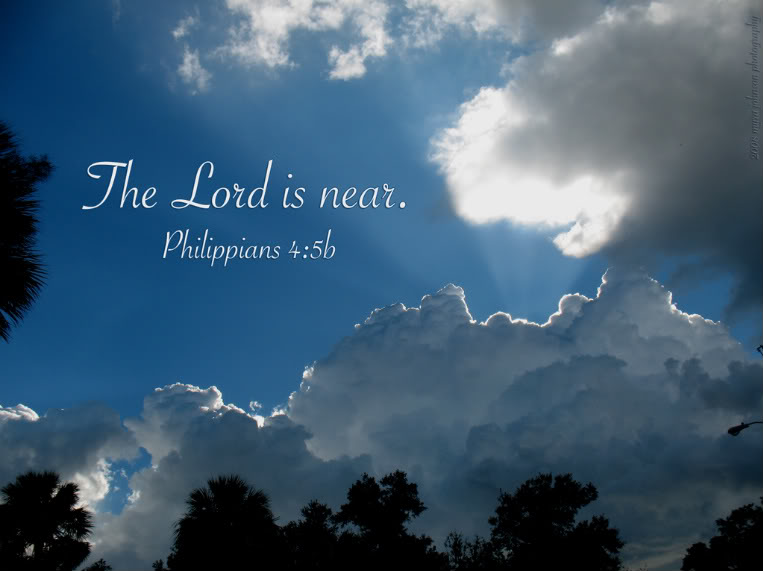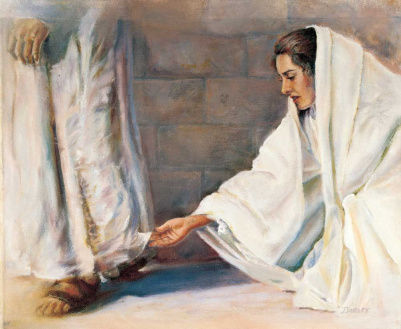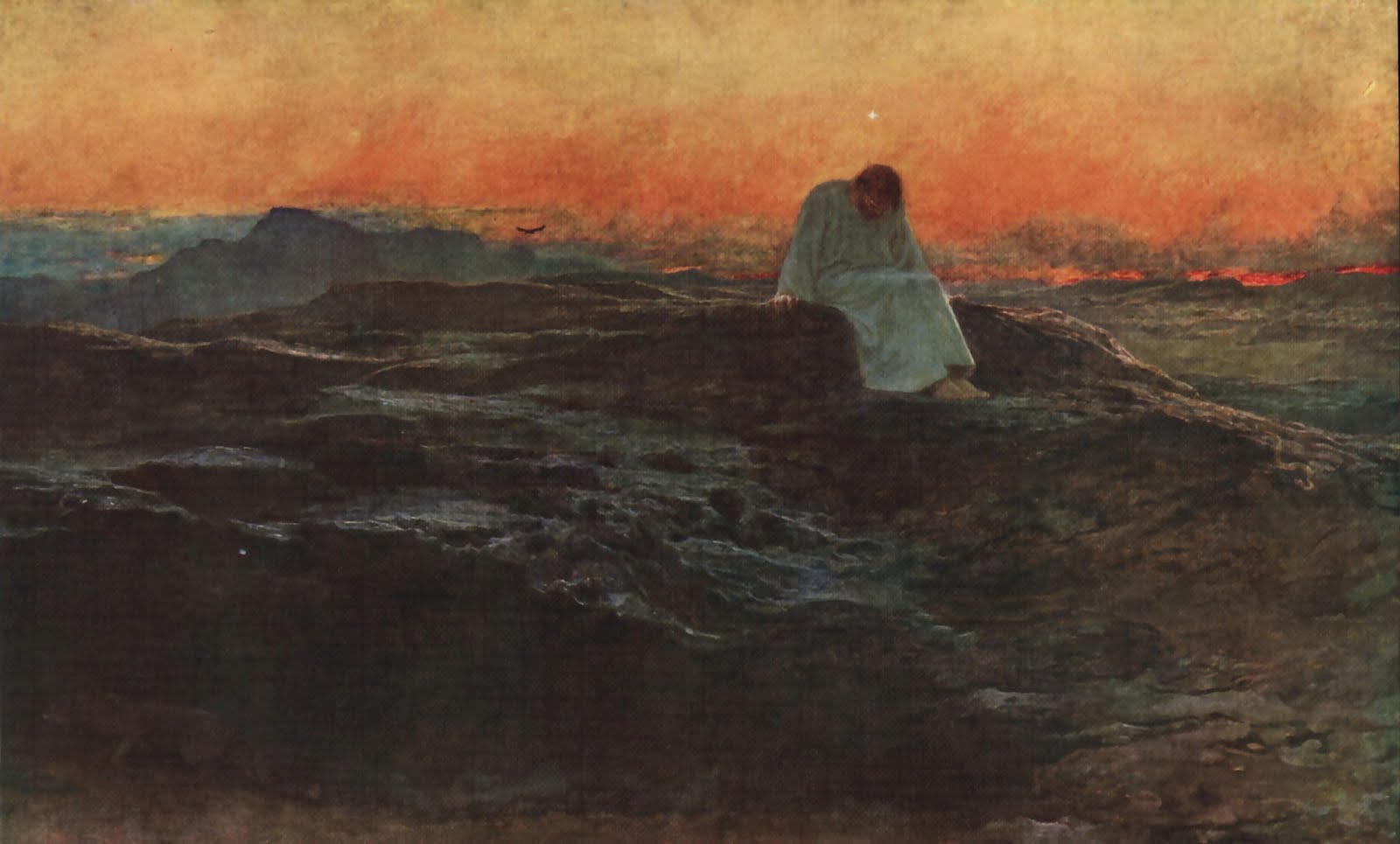

We know well about spring cleaning, or autumn cleaning – a time when we clear and clean many things around our houses.
The city council also knows much about road repair – it must be done again and again at the end of a season.
In both cases there is a need for change and improvement.
These two pictures came to my mind as I read the 1st reading and the gospel of this Sunday (Is.40:1-5,9-11; Mk.1:1-8).
We might not get involved in house cleaning or road repair but it may be that… some areas of our lives need change and improvement of some kind for us to welcome the Lord…Our values may need to be upgraded…
- Our choices may benefit from being more other-centered…
- Our decisions may gain from being more inspired by lasting concerns…
- Our attitude to other people may be improved with respect and acceptance…
- Our commitments may need an increase of generosity…
- Our faith may want to be deepened…
During this period of Advent, this could be OUR straightening of paths and lowering of mountains.
It may look, at first, as a formidable task but we are not expected to do it on our own.
The Holy Spirit within us is always willing to enable us to do what is asked of us.
Note: Another reflection on a different theme is available in French at: https://image-i-nations.com/?p=16658&preview=true
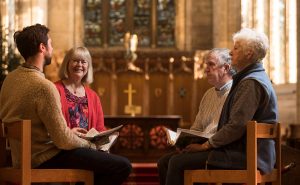 I wonder how many groups of people, gathered together because of Jesus are truly convinced of this?
I wonder how many groups of people, gathered together because of Jesus are truly convinced of this? He says:
He says:
